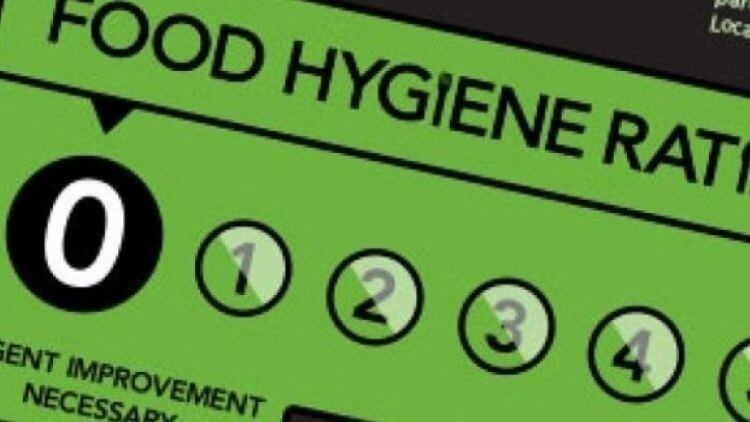The Sentencing Council's impact assessment found the number of organisations in the foodservice sector sentenced since the Health and Safety Offences, Corporate Manslaughter and Food Safety and Hygiene Offences guideline for England and Wales came into force in 2016 rose from roughly 60 in 2013 to around 130, where the figure has since remained stable.
The council – an independent, non-departmental public body of the Ministry of Justice – also found that the number of adult food safety and hygiene offenders increased from 180 in 2015 to 260 in 2017 – with 92% of offenders receiving a fine compared to 3% being handed a suspended sentence, 2% a community order and less than 1% sentenced to immediate custody.
While the assessment found that most offending organisations received a fine, in the 10 months since the guidelines’ introduction, the mean penalty increased by almost £5,000 from £2,200 to £7,100.
No excuses
According to analysis by insurer NFU Mutual, there are currently more than 10,000 outlets where food is supplied, sold or consumed across England, Wales and Northern Ireland with a Food Standards Agency hygiene rating of either one, meaning major improvement is necessary, or zero, stating that urgent improvement is required.
This amounts to just over 2% of all food hygiene-rated organisations in the UK, excluding Scotland where a ‘pass’ or ‘improvement required’ scheme is used.
“To see an increase in penalties is positive for the foodservice industry as a whole,” Darren Seward, hospitality and food and drink sector specialist at NFU Mutual, explained.
“The vast majority of businesses work incredibly hard to meet their hygiene and safety obligation, and the irresponsible businesses that demean that are being held more accountable for poor conduct.
“Managers have a duty to put hygiene and safety at the heart of the company’s values to prevent getting into a serious situation in the first place and damage, as a result of hygiene issues, reaches much further than a fine.
“Company reputation can be destroyed overnight, the directors responsible can be prosecuted, putting a fatal ending to their career in the industry, and most importantly, innocent lives could be put at serious risk of harm.
“Getting it right takes work but there is no excuse in the eyes of the law, or indeed the public.”




